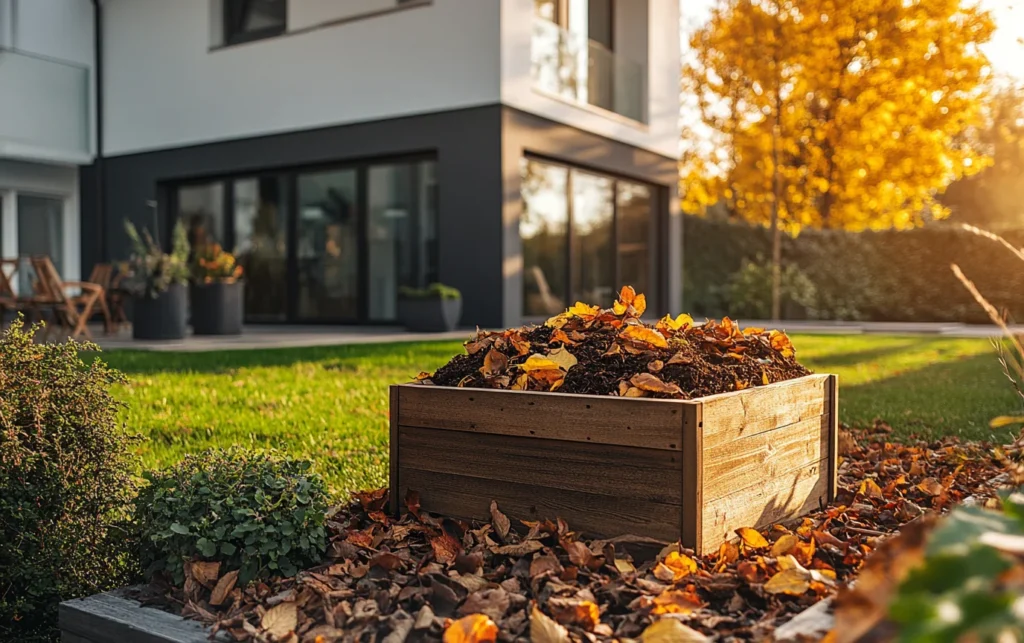Looking for a quick way to create high-quality compost? The “3 Spoonfuls” method might be exactly what you need!
This technique incorporates specific components, including decomposition accelerators, to produce excellent organic fertilizer. Using this compost can significantly enhance soil health and increase the likelihood of a bountiful harvest.
The Essence of the “3 Spoonfuls” Method
The term “spoonfuls” in this method doesn’t refer to measuring with an actual spoon. Instead, it represents three essential components or categories needed to create top-quality compost.
Here’s how to build a compost pile using the “3 Spoonfuls” method:
1. Organic Waste
This category includes a range of kitchen and garden waste:
- Kitchen scraps: potato peels, fruit rinds, onion skins, watermelon rinds, etc.
- Yard waste: grass clippings, pruned flowers, and other plant matter.
These ingredients serve as the core material for composting, rich in carbon and nitrogen.
2. Decomposition Accelerators
These additives help speed up the composting process:
- Unburned wood ash: helps regulate pH levels and provides potassium.
- Manure (e.g., cow dung): introduces nitrogen, enriching the compost.
- Coffee grounds: full of nitrogen and helps boost microbial activity.
These accelerators contribute to faster decomposition, allowing the compost to mature more quickly.
3. Microorganism Boosters
To increase the number of beneficial microbes, consider:
- Molasses: adds simple sugars, feeding the beneficial bacteria.
- Corn syrup: another source of carbohydrates for microbial growth.
These ingredients create an environment where microbes thrive, accelerating the composting process and ensuring nutrient-rich output.
Benefits of the “3 Spoonfuls” Method
Following this method guarantees rapid compost maturity and results in high-quality organic fertilizer. The final product can be used as plant food, a mulching agent, or a soil conditioner that enhances soil structure, making it lighter and more fertile.
Additionally, using such an effective and natural compost can help gardeners reduce their reliance on chemical fertilizers, promoting a more sustainable and eco-friendly gardening practice.

